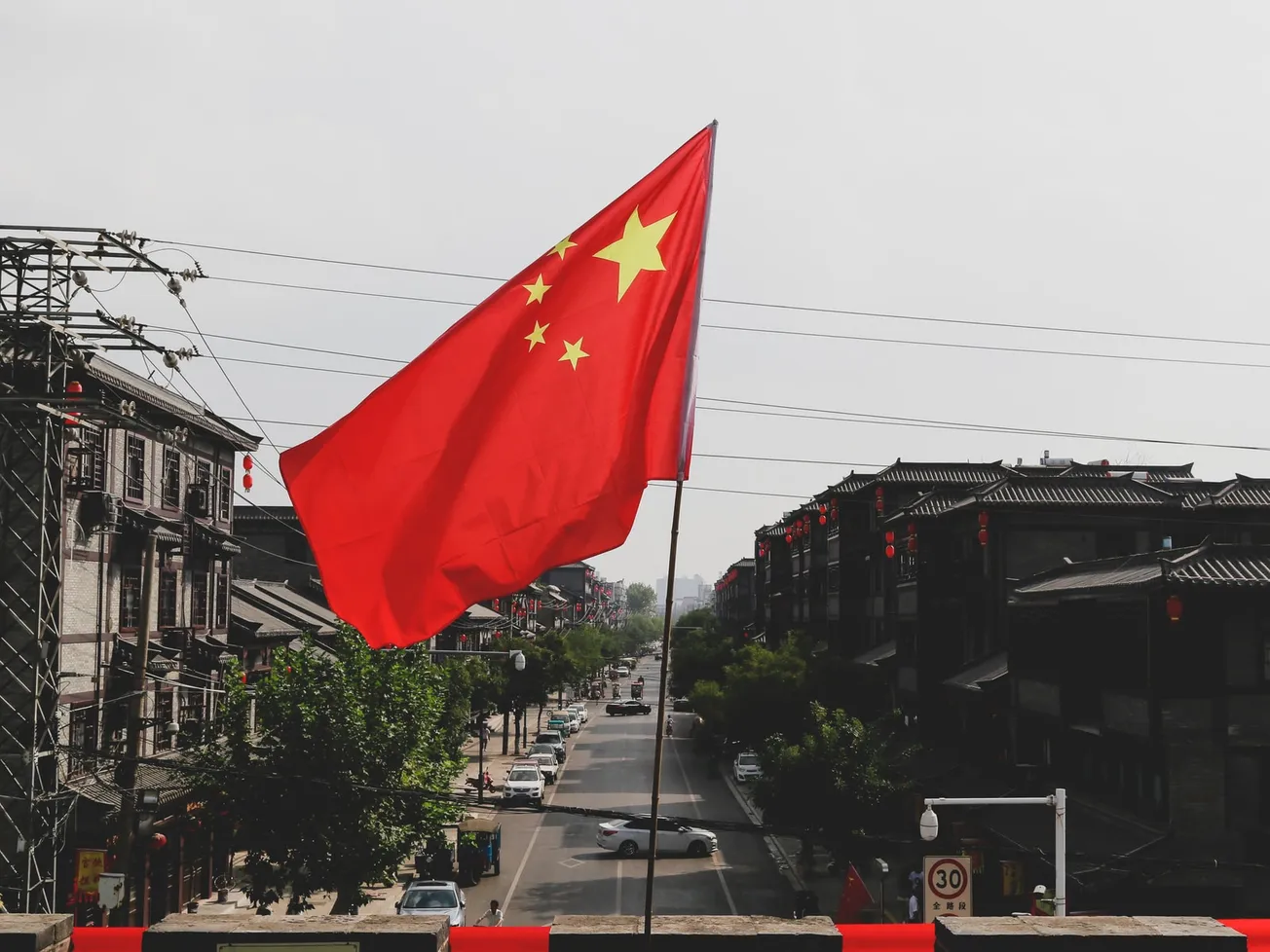Table of Contents
David Wojick
David Wojick, Ph.D. is an inDr. David Wojick is an independent policy analyst and senior advisor to CFACT. As a civil engineer with a Ph.D. in logic and analytic philosophy of science, he brings a unique perspective to complex policy issues. His specializes in science and technology intensive issues, especially in energy and environment.
I normally despise the bogus issue of “loss and damage,” which is featured in the upcoming COP 28 extravaganza. But for now, I love it because it has squarely raised the long overdue issue of China’s status as a so-called developing country.
The simple issue is, will China pay into the new Loss and Damages Fund? Assuming they ever get it going. It seems obvious they should, and a lot of countries are calling for it, including the US, which might even make it a condition of our participation.
I mean, China is the world’s largest CO2 emitter, right? They produce more electricity than the US, EU, and UK combined, mostly by burning billions of tons of coal a year. What could be simpler?
Well, it turns out to be really complicated, for legal reasons, of all things. COP 28 is the 28th Conference of Parties to the 1992 UN Framework Convention on Climate Change, the grand climate treaty that everyone signed onto.
Core to that massive treaty is a division between developed and developing countries. China was dirt poor in 1992, so of course, they are on the developing list. Today, they are the industrial powerhouse of the world, but the list has not been changed.
The Loss and Damage Fund is also under that treaty, so it is supposed to accept money from developed countries and distribute it to developing ones. Thus, there is no provision for China to pay, a point China happily repeats endlessly. So sorry.
The obvious solution is to change the UN climate treaty to reflect reality, but that would be an almost impossible task, especially since any COP member country can veto any change.
In fact, when you look at the list of big CO2-emitting countries, it quickly becomes apparent that we are not just talking about mighty China. Thanks to their wonderful economic progress in the last 20 years, a good number of those developing countries now emit a lot more than some on the developed list.
China is number 1 in CO2 emissions, but India is 3rd, Iran is 8th, Indonesia is 10th, Brazil is 12th, Mexico 13th, and so it goes. Basing who pays on emissions would open a Pandora’s box of impossible wrangling. After all, Denmark is number 70.
The press coverage is hopeless, as usual. This issue gets almost no attention. More broadly, their whole perspective is wrong as they keep saying the next step is to iron out the details. The opposite is true.
UN negotiations always work from the easy issues to the middle ones and, finally, the really hard ones, which is where we are now. Who pays, how much, and to whom are not details. They are the core, make-or-break issues. The issue getting all the attention, whether the World Bank handles the money or a new UN fund, is tiny in comparison.
Another huge press confusion is repeatedly describing loss and damage as rich countries paying for the climate damage they are causing. The greener version is to call it reparations.
There is nothing about causation or liability in the UN text. It reads like an agreement for the developed countries to send aid to the developing ones for a specific cause, namely climate (actually weather) caused losses and damages. This lack of liability language was a requirement for the US and some other developed countries to agree to kick off trying to set up a fund of some sort. If this fund ever gets set up, which is far from clear at this point, I am sure the US will see its contributions as foreign aid. Certainly not a reparations.
In the meantime, the issue of China paying looks pretty impossible. China has said it does not want any of the aid, but that does not resolve the glaring fact they are by far the world’s biggest CO2 emitter.
It is all looking pretty funny at this point, which is just how I like it.
Stay tuned to CFACT as the COP 28 loss and damage fiasco plays out.









